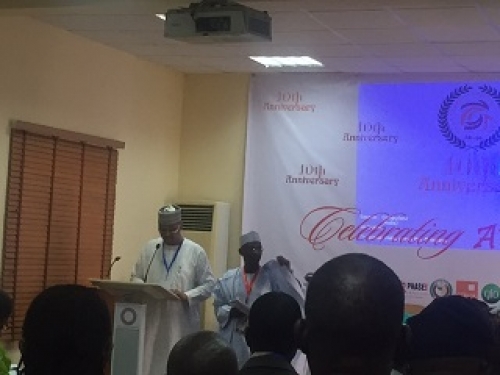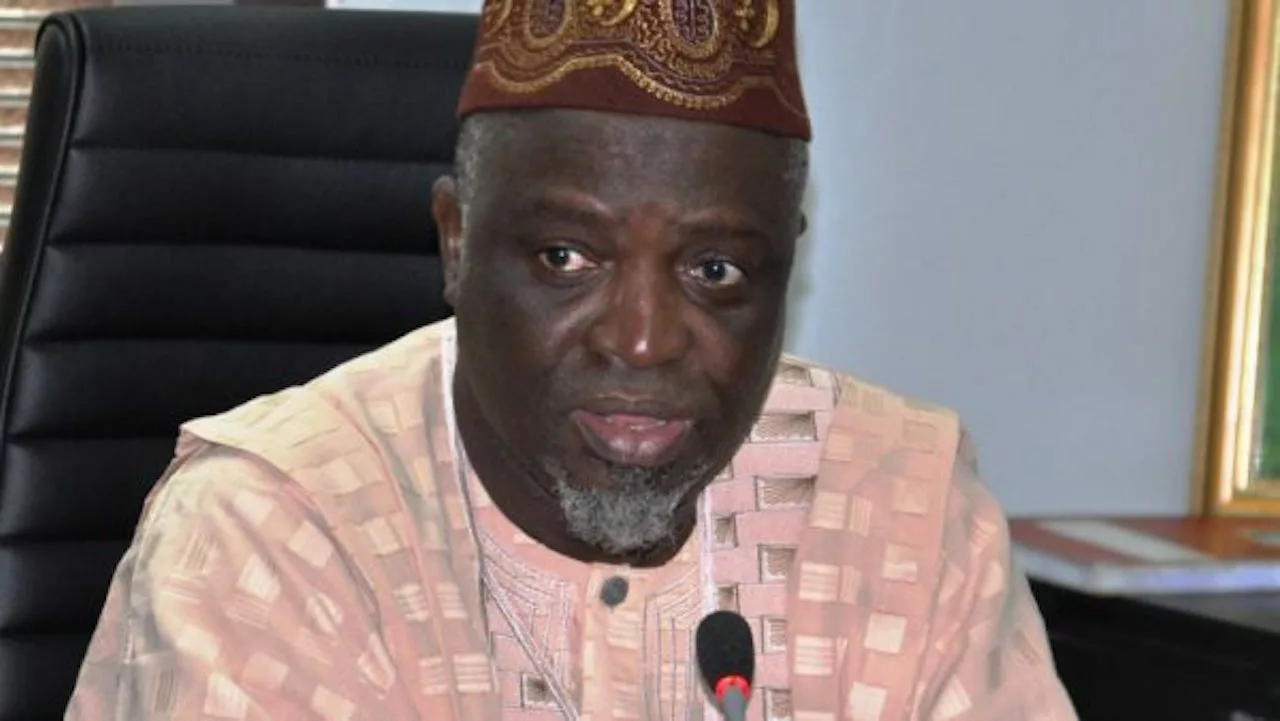The Association of University Librarians in Nigerian Universities (AULNU) has called on its members across the country to prioritise the urgent need to embrace digital innovation by training more staff to fully maximise the benefits of technology.
This call was part of a communiqué presented by Prof. Christopher Olatokunbo Okiki, University Librarian at the University of Lagos, following the 112th Bi-Annual Meeting of the association, held from May 26 to 29, 2025, at the National Open University of Nigeria (NOUN) headquarters in Abuja.
The communiqué highlighted the importance of Persistent Identifiers (PIDs) in enhancing the visibility and interoperability of Nigerian research output. It lamented that although Africa accounts for 17% of the global population, it contributes only 1% to global scientific output, underscoring the urgent need for improved research discoverability.
On the issue of emerging technologies, Prof. Ezra Shiloba Gbaje emphasised the adoption of Fifth Industrial Revolution (5IR) technologies, including artificial intelligence (AI), blockchain, and the Internet of Things (IoT) to transform libraries into user-centric, digitally driven hubs.
According to AULNU, “The issue of Emerging Technologies was also on the table, on that, Prof. Ezra Shiloba Gbaje emphasized the adoption of 5th Industrial Revolution (5IR) Technologies, including AI, Blockchain, and IoT, to transform Libraries into user – centric, digitally driven hubs.
“Discussions on Open Science and Access was equally focused on, the low awareness of Open Science practices and the underutilization of Institutional repositories, with calls for adherence to fair principles and global metadata standards was mentioned.”
The meeting further deliberated on the role of AI in scholarly communication, exploring its increasing impact on library services. Emphasis was placed on AI’s role in cataloguing, indexing, and enhancing user experience, as well as the need to address risks associated with unverified AI-generated content.
As part of its recommendations, AULNU called for the adoption of 5IR technologies to accelerate AI integration in university libraries in order to enhance service delivery and user engagement.
The association also recommended promoting the use of PIDs in institutional repositories to improve research discoverability and interoperability.
The communiqué urged prioritisation of digital skills training for library staff, including support for sponsorships through the National Centre for Artificial Intelligence and Robotics (NCAIR). It also advocated for flexible TETFund allocation models such as 60/40 or 50/50 ratios, that favour technology acquisition, and encouraged exploring public–private partnerships for sustainable funding.
AULNU further recommended a national AI policy engagement to ensure librarians are actively involved in shaping national AI initiatives, influencing policy, and aligning library services with ongoing technological advancements. The conference urged participants and stakeholders to implement PIDs and encourage researchers, academic staff, and students to register for ORCID iDs and integrate ROR and DOIs into institutional repositories.
Finally, the communiqué stressed the importance of organising workshops and training programmes to enhance digital literacy and promote PID adoption among library staff.










